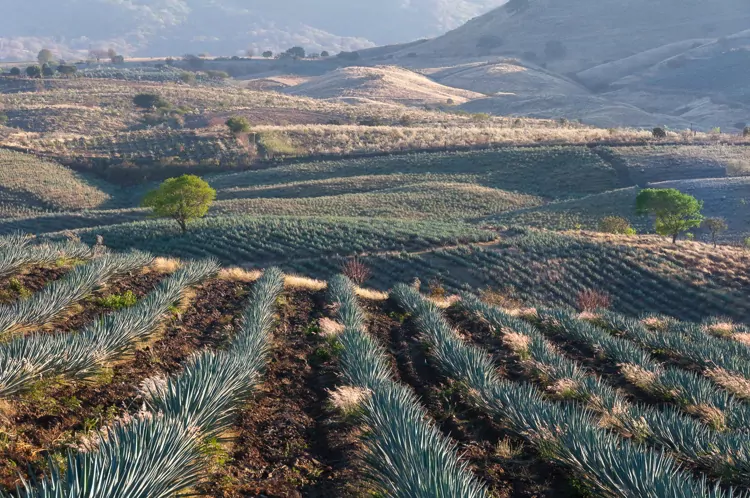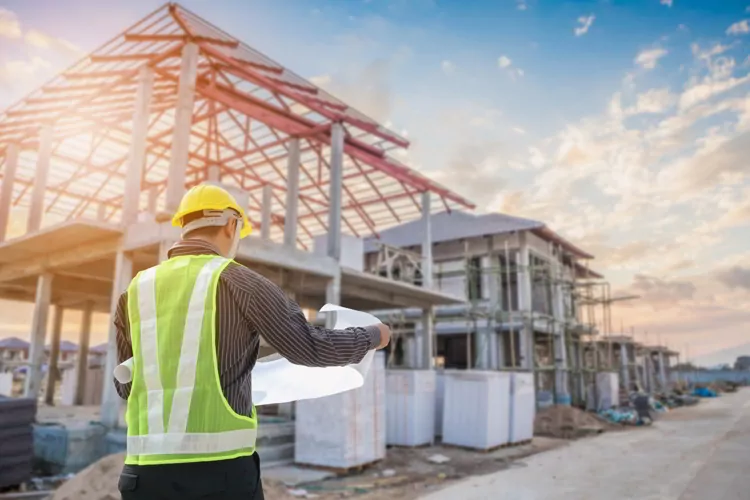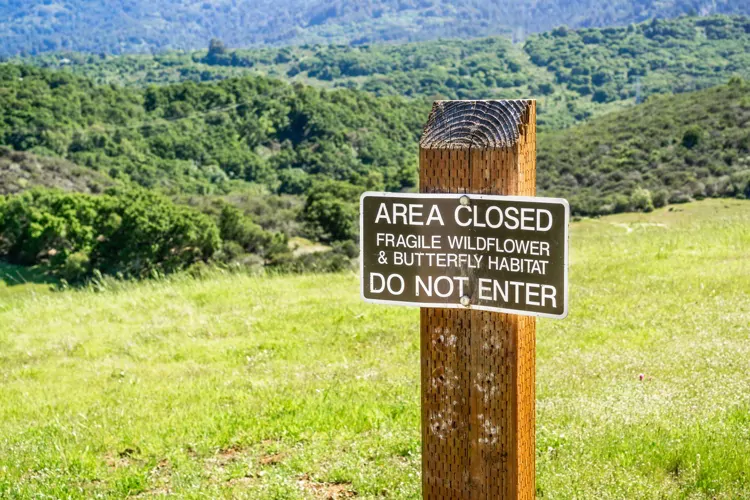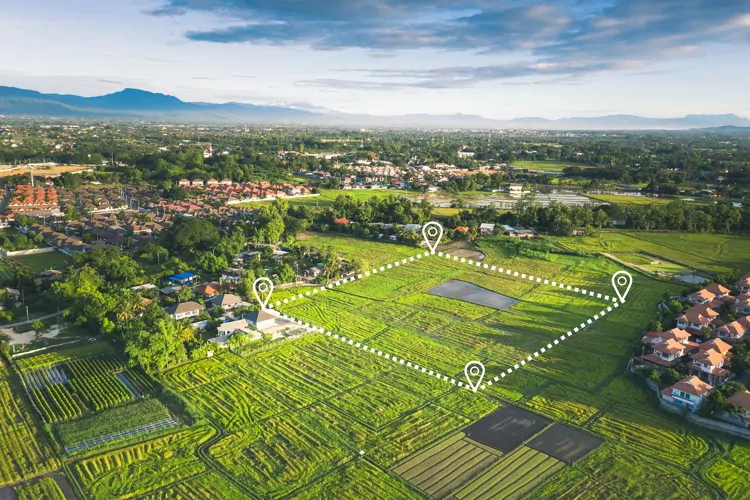Top Tips To Help You In The Land-Buying Process
Buying land abroad can be a rewarding endeavor. Whether it’s for a change in lifestyle or investment into your future, there are endless ways to utilize your offshore acreage… build your dream house, construct a rental property, start a profitable farm or plantation, or even set up a tourist trade.
Before signing any papers, do your research. Take time picking out the location as this is one of the most important aspects of any property investment. No place is perfect. Everywhere has its pluses and minuses… go through comparisons, and you’ll come away with a stronger sense of where is the best choice for you.
Once you’ve chosen the ideal location for your new investment, watch out for these five things before sealing the deal on any plot of land…
1. The Infamous Ejidos

If you’re considering buying land in Latin America, particularly Mexico, watch out for Ejidos…
Ejido land is the source of almost all the stories you’ve heard about the confiscation of property from foreigners in Mexico. Ejido land can be a terrific bargain, because after buying it… it’s not really yours. Ejido land is communal agricultural land, which was granted to a community… often an indigenous community. While not worth a lot at the time, much of this land is now prime, sought-after beachfront property.
To buy Ejido land, you would need 100% approval from the community, separation of your parcel from the Ejido, and conversion of that parcel to a freehold title. (And that’s oversimplified… simply identifying the community members and their descendants who should vote can be hard.)
Converting Ejido land to private ownership is a complicated process… which is why many have ignored doing it legally, resorting instead to bribing officials, falsifying records, or just hoping no one will say anything down the road. It’s a risky investment, and here at Overseas Property Alert, we think it’s best to avoid Ejido land altogether.
2. What Are Your Neighbors Up To?

You’ve found your dream piece of land in the perfect location. It has a private beach, stunning views, excellent road connections, or whatever makes you tick, but the plot next door looks suspiciously like a building site… Be wary.
Never mind the noise involved in construction works, having an unfinished property next to you can bring a wealth of problems. The sea view that made you fall in love with the plot in the first place, will it still be there once construction has finished next door? And the private beach, are you going to have to share that with your neighbors? Developments in property around you can often decrease the value of your investment, although sometimes they can work in your favor.
If you’re set on that plot, go through next door’s construction plans with a fine-toothed comb. Make sure your neighbor’s property won’t change anything that you love about your potential investment. If you’re lucky, next door’s plans could even benefit your new site.
3. Environmental Restrictions

Environmental restrictions are something to look out for when investing in a piece of land, especially in rural areas. Consult the local council to see if there are any land regulations that affect the property that interests you. Even better, befriend a local and get them to inquire on your behalf… locals will usually get more conclusive insight and won’t struggle with language barriers.
Land regulations, including environmental restrictions, can have a huge effect on the development of land. There are endless reasons why building on a certain piece of land can be restricted; it’s a protected area for endangered species, wetland protection, open space protection, soil protection, the list goes on…
These restrictions don’t necessarily mean all is lost; often you can still build on the land but will need to stick to specific guidelines. That said, this is essential information to know before you invest as it could greatly affect the vision you have for this piece of land, and could potentially make the purchase futile.
4. Title Troubles

Gaining title of a piece of land is another crucial part of the buying process. A title is a formal document declaring that you’re the legal owner of the property, giving you the rights as the landowner. It’s essential that you pay close attention throughout this process to avoid any future problems with land ownership.
There are problems that can arise during title negotiations and disrupt your route to land ownership. There may be liens from a previous owner that you have to take on as a part of your investment, problems or errors with past deeds could complicate things, an undiscovered will could pop up, or even long-lost family members could claim ownership of the land.
Make sure to hire a well-reputed title company to help avoid these obstacles. They’ll iron out any of these complications and ensure you acquire the correct title to avoid any problems down the line.
5. Are There Hidden Fees Or Other Costs?

You’ve struck gold with a piece of land, it’s in the ideal location, you’re happy with the neighbors, there are no land regulations, you have a clear route to gaining title, and most importantly… the asking price is cheap. However, this original price may not be a true reflection of what you’ll have to pay during and after the buying process… there can be hidden fees and costs that buyers are often unaware of.
On top of the asking price, you’ll need to pay for a site inspection, stamp duty, legal fees, site insurance, title insurance, various permits… the list goes on. Some of these extra costs can be avoided if you choose a plot that is already permitted, accessible, and connected to utilities such as electricity and water. Make sure you consider these hidden fees and costs before falling in love with a “cheap” plot that is actually out of your budget.

